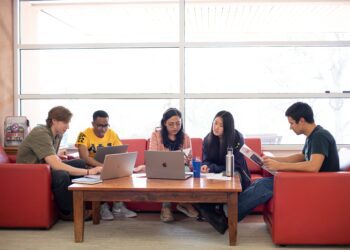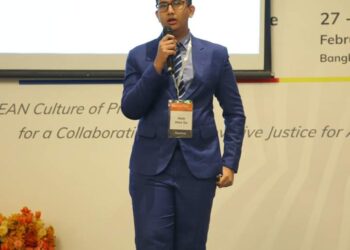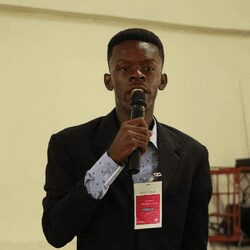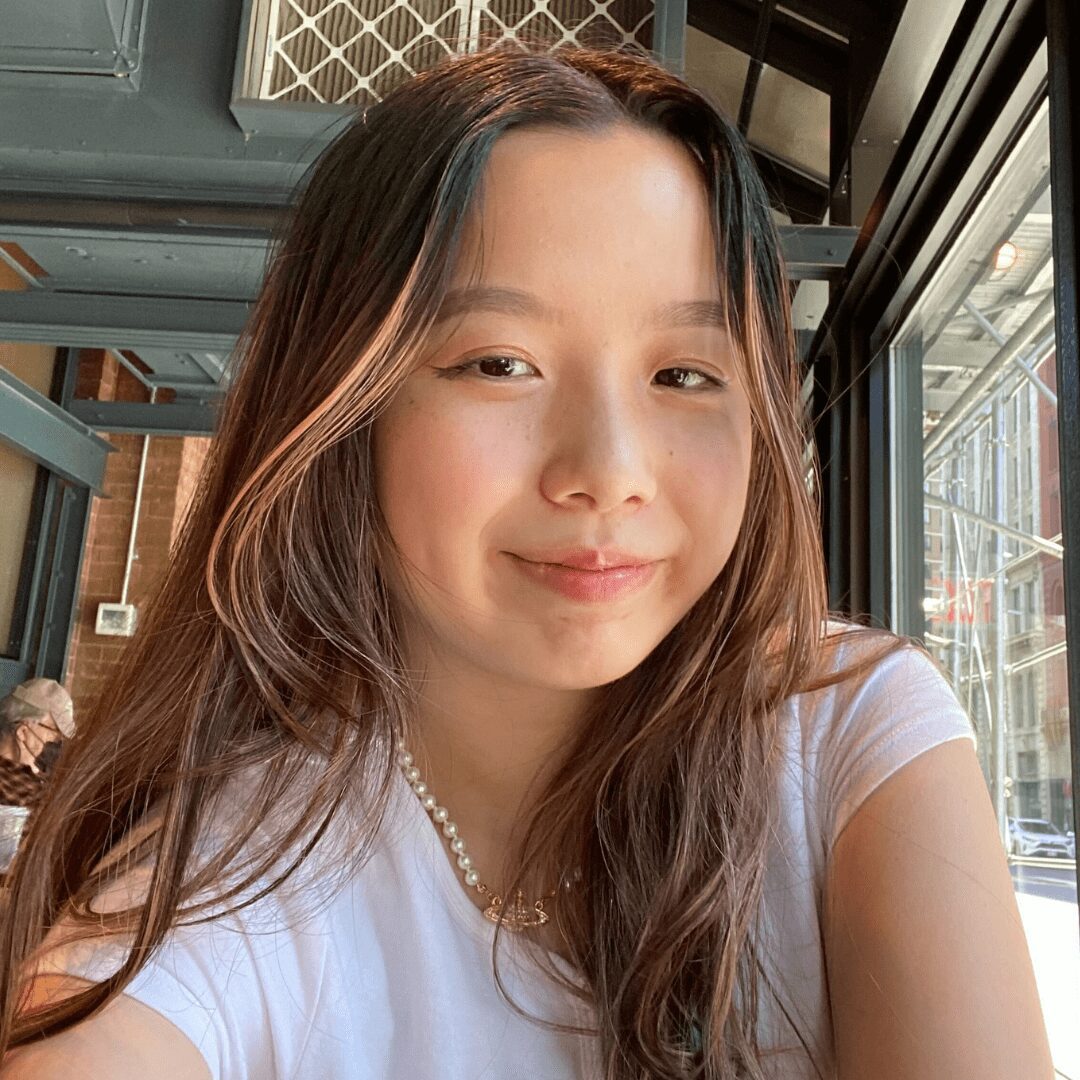
Ally Li, a Business Administration and Management student at Boston University’s Questrom School of Business, completed the Aspire Leaders Program (ALP) in 2022. Li’s background and experiences as a first-generation college student provide her with a unique perspective that she brings to her studies and leadership roles.
Li’s family history is deeply intertwined with the immigrant experience as her parents moved from China to Brooklyn, New York.
After living in New York for a time as a young child, Li returned to live in China with extended family for a short time – a pretty common tradition to allow parents to feel comforted that their kids are cared for and with family while they continue working.
“It’s a great experience getting to know people back at home,” Li shared. “It will probably take a while for them to come to the States, but [I was] still able to make that connection because [I] went back.”
Reflecting on her life in Brooklyn, she described the two-bedroom, one-bath apartment she grew up in with her family of five.
“It was calm but also chaotic,” Li said. “We were kind of cramped together.”
She appreciates her family and looks back fondly on her childhood.
“I wouldn’t change it for anything,” she said.
Li started taking advantage of opportunities at a young age. After hearing about a selective program in High School, she applied and was admitted. This program offered top performing students free SAT prep, AP (Advanced Placement) resources, and other college preparatory support.
“Just navigating the whole [college application] process is weird,” Li said. “[The program] was really helpful for me.”
As a first-generation college applicant feeling overwhelmed by this process, she valued the mentorship and direction this program gave her.
She never expected that she would go to a private institution nor did she know quite how to write about herself in college essays. However, as part of the program, Li gained this support, acquired a greater belief in herself and her abilities, and learned about colleges that offered need-based scholarships.
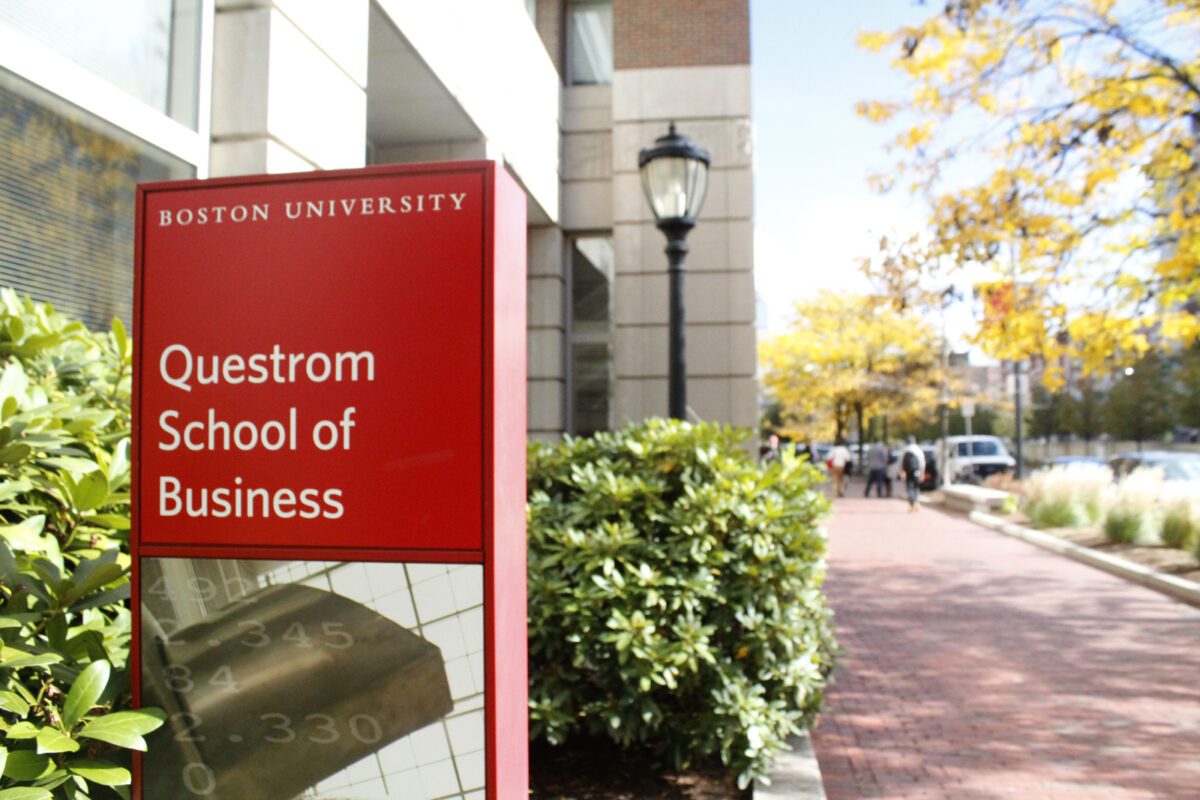
“[Boston University] happened to be the first university [my counselor] outlined for me,” Li said.
She didn’t visit the Boston University (BU) campus until after she was accepted. Although she is content with her final decision to attend BU, Li wishes she had applied to more colleges and been aware of additional scholarship programs and opportunities.
“I just applied and my parents weren’t able to help with the process because first of all, they’ve never gone to college [and] second of all, their English is not that good,” Li said.
When Li arrived on campus for her freshman year, she was pleasantly surprised by the amount of space her dorm room offered.
“Even though people I knew were complaining about how cramped [the dorm] was, I [felt like] it was pretty nice,” Li recalled. “It’s better than what I had at home.”
Li has connected with many first-generation college students while at BU as she feels they can relate with these stories and sentiments.
Ally Li Applied Skills From the Aspire Leaders Program
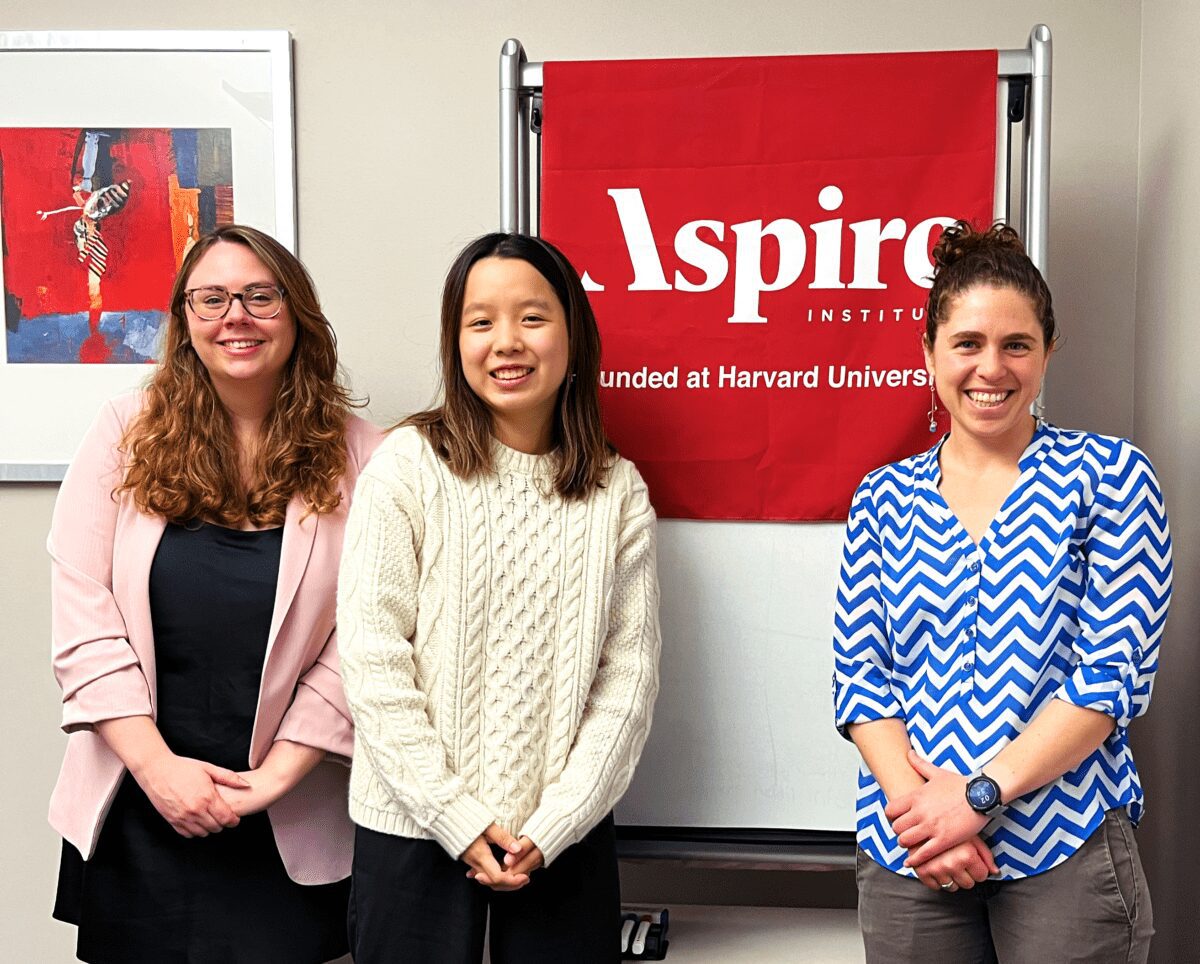
Li learned about the Aspire Leaders Program through Boston University’s Newbury Center, a center that supports first-generation students at the university and collaborates with Aspire Institute.
Her attitude and identity as a first-generation college student has always motivated her to take advantage of many opportunities.
“I felt like I should try it out,” she explained. “It’s not going to harm me if I apply and maybe I would regret it in the future if I didn’t.”
The Exercising Leadership: Foundational Principles HarvardX course offered in Stage 2 of the ALP was a highlight of the program for Li.
“Some [topics from] the course came up in one of my classes last semester,” Li said. “It was nice to see that overlap.”
This course highlights how to think about elements of leadership such as unpacking complex challenges, understanding authority, building trust, and implementing personal strategies for succeeding in the midst of change.
Li particularly appreciated the interactive nature of Stage 5, where she dissected Harvard Business School case studies with her peers and faculty. She realized the importance of case studies in her academic pursuits, job interviews, and success in the future.
“I realized how much I don’t know about case studies,” Li said. “I haven’t really had the chance to look at case studies [in the past]. It is something I want to practice [more].”
Beyond the Aspire Leaders Program
Outside of her classes, Li has gained work experience in her role as the Director of Audits at the Boston University Allocations Board and by being a Website Operations Intern at Forrester. In her work with the Center for Diversity, Equity, and Inclusion at BU, Li has worked on marketing and social media projects.
Li’s busy schedule with working and studying sometimes makes it hard for her to participate in other activities.
“I do wish I could get a little more involved on campus,” Li said. “Sometimes work just gets overwhelming.”
Li values the community at the Newbury Center where her peers can relate to the idea of managing multiple priorities as a first-generation college student.
“They resonate with me since we come from a background where we cannot afford to spend our parents’ money all the time,” she said. “We kind of [have to] work for it.”
As Li continues to feel financial and personal independence, she reflects on the joy and onus she feels.
“Knowing that this money is hard-earned by yourself and you’re not using your parents’ money is really reassuring,” Li explained.
It’s better to take aggressively these different opportunities, so you don’t regret not applying for them. If they don’t appreciate you for who you are, there will be another company [or program] that [does].
When she is not working or in class, Li enjoys going to the gym.
“[Boston University’s] gym facilities are really nice, so I have been trying to take advantage of that as much as I can,” said Li. She also enjoys activities like rock climbing with her friends on campus.
Li has exciting plans on the agenda as she moves to Texas this summer for an internship and hopes to continue to impact the lives of others as they begin their college journey.
She advises other young adults like herself to realize their worth and understand that it is more important to pursue opportunities than fear rejection.
“It’s better to take aggressively these different opportunities, so you don’t regret not applying for them,” she said. “If they don’t appreciate you for who you are, there will be another company [or program] that [does].”

